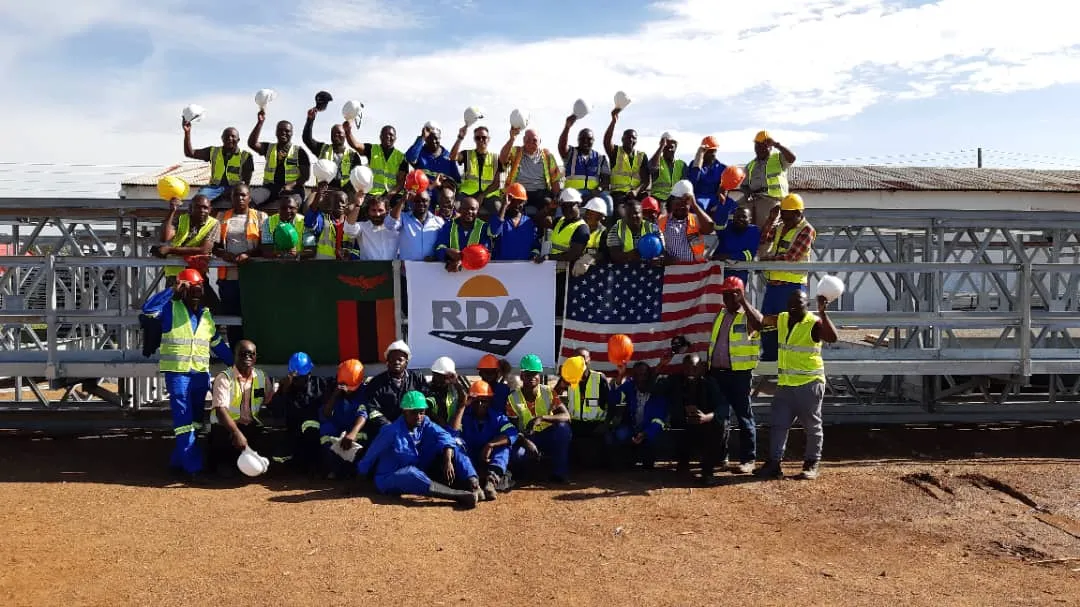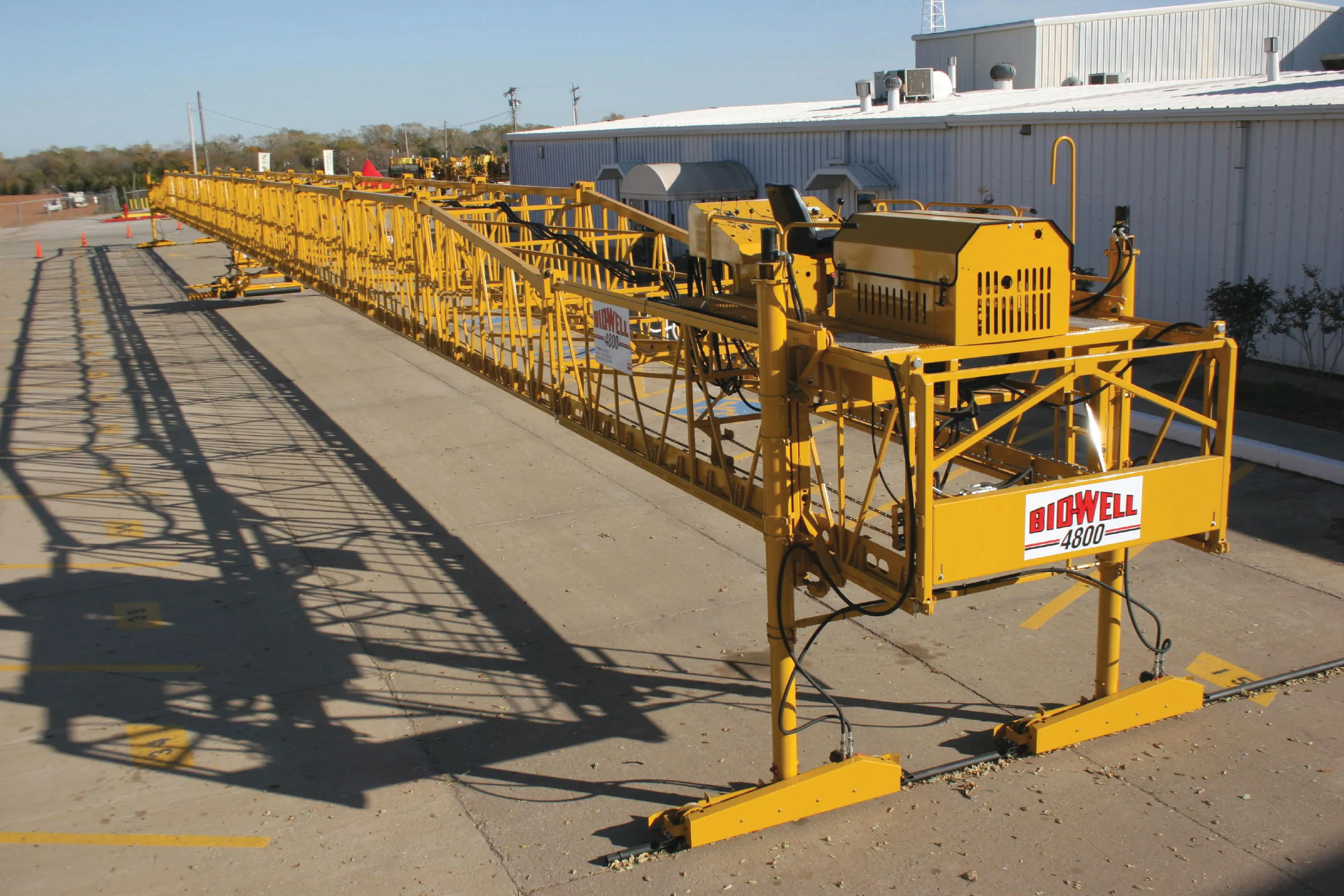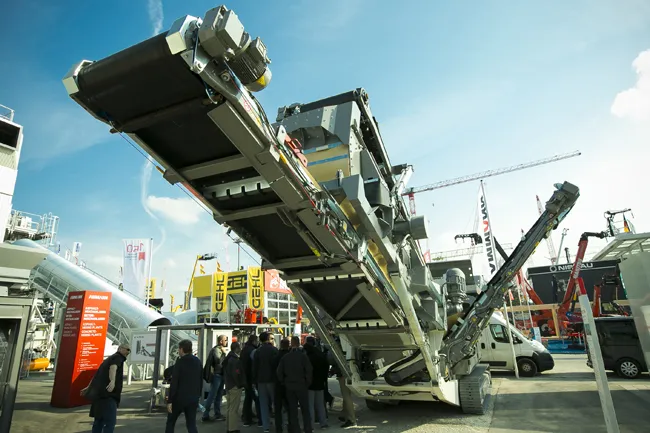
Zambia is benefiting from a programme to install bridges and connect rural communities. The country has bought over 130 modular steel bridges measuring from 12m in length to more than 100m-long from Acrow Bridge.
The bridges include single- and multi-span span structures of one- and two-lane widths. And Acrow Bridge is providing training to Zambian engineers, technicians and contractors in assembly, installation and maintenance of the bridges, which were recently delivered to Zambia’s Road Development Agency.
These bridges are being installed where such links are particularly critical and will contribute to the integration of remote rural communities into the broader domestic and regional economy.
Through its financed Comprehensive Bridge Development Program model, Acrow has worked on a number of large infrastructure development projects in Africa, including the supply of more than 150 bridges to the Government of Angola, 100 bridges to the Department of Feeder Roads in Ghana, and 44 bridges to the Government of Cameroon.
Acrow’s prefabricated steel bridges feature a modular design that allows for the easy customisation of each structure to meet specific site requirements. They can be erected in days or weeks by a local workforce and minimal heavy equipment is required, while offering a service life of 75 years or more. Fabricated in the US from high-strength, high-quality steel, the components are hot-dip zinc galvanised to protect against corrosion.








